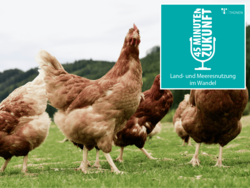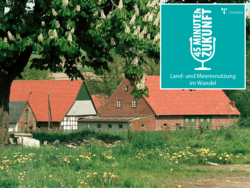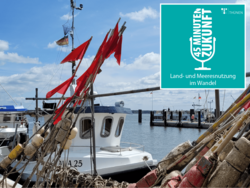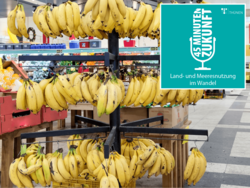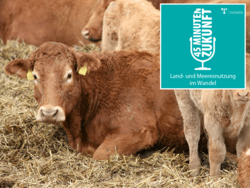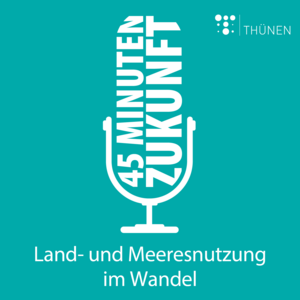
45 minutes of the future. This is the Thünen Institute's podcast on the transformation of land and sea use. Together with our guests from science and practice, we look for ways to master current social challenges - in three quarters of an hour. We ask, for example, how the various interests on land and at sea can be reconciled in terms of sustainable use, how our forests can cope with climate change, why it is so difficult to ensure food prices are fair or to improve animal welfare. And we provide answers that are science-based and solution-oriented.
Contact
Nadine Kraft

Head of Communication, Spokesperson
Bundesallee 5038116 Braunschweig
- Telephone
- +49 531 2570 1865
- Telephone
- +49 151 15290850
- nadine.kraft@thuenen.de
Our podcast is listed at www.wissenschaftspodcasts.de
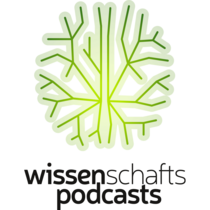
© Sven Sedivy@graphorama
Scroll to top

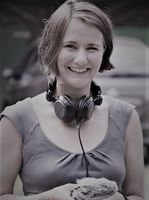
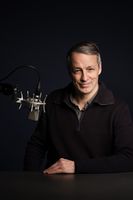
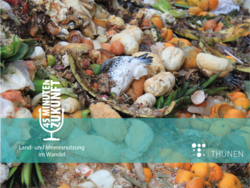
![[Translate to English:] FACT CHECK: Wood utilisation](/media/_processed_/9/4/csm_Sharepic_Faktencheck_Holznutzung_4-3_7e59f03394.png)
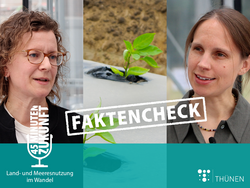
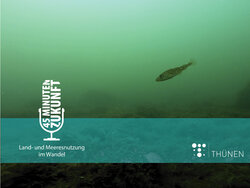
![[Translate to English:] Episode 21 – LIVE: More than hearth and farm](/media/_processed_/d/d/csm_2025-03-26_Podcast_web_Foto_Folge21_edc80775fa.jpg)
![[Translate to English:] Episode 20: The soil hangs onto the tree](/media/_processed_/5/a/csm_Einzel_Podcast_webFoto_Folge20_a0a481ba01.jpg)
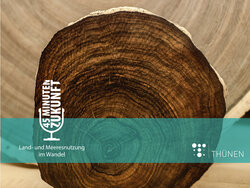
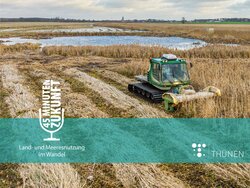
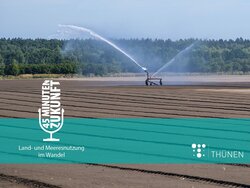
![[Translate to English:] Episode 14: Can the eel still be saved?](/media/_processed_/d/e/csm_Foto_Folge14_neu_dc6eef143f.jpg)

![[Translate to English:] Episode 13: Outdated or attractive after all?](/media/_processed_/7/e/csm_Web-Foto_Folge13_46e3ee0efb.jpg)
![[Translate to English:] Episode 12: End storage of greenhouse gases?](/media/_processed_/a/e/csm_Foto_Folge12_bf250cdd4e.jpg)
![[Translate to English:] Episode 11: What kind of trees do we need in future?](/media/_processed_/3/3/csm_Foto_Folge11_ce992af7e8.png)
![[Translate to English:] Episode 10: Strategic partnership in the field?](/media/_processed_/7/1/csm_2022-12-15_Podcast_webFoto_Folge10_ca1ff46dad.png)
![[Translate to English:] Episode 9: At the expense of others?](/media/_processed_/0/c/csm_Foto_Folge9_4af0da5591.png)
![[Translate to English:] Episode 8: One label fits all?](/media/_processed_/7/8/csm_Foto_Folge8_79a08d0da3.png)
